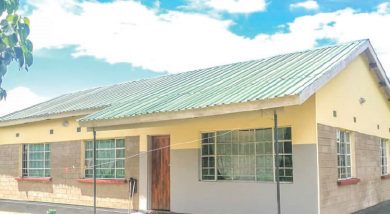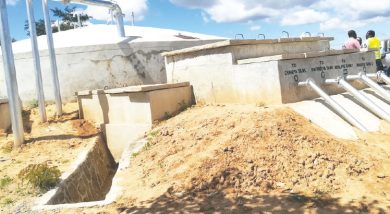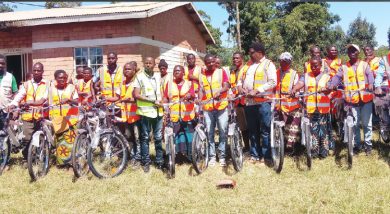World Bank sees fertiliser threatening stability
The World Bank says rising fertiliser prices threaten to worsen fiscal pressures in Malawi due to government’s big spending on Affordable Inputs Programme (AIP).
In its June report titled ‘Global Economic Prospects’, the World Bank observed that Russia’s invasion of Ukraine has disrupted global fertiliser supply as Russia is one of the major exporters of the commodity.
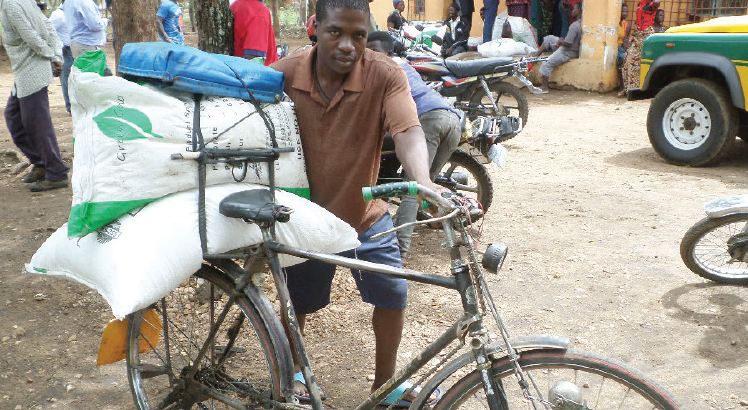
The situation, according to the report, will be worse for countries such as Malawi that are already affected by climate change-induced shifts in rainfall patterns that led to delayed planting in the just-ended farming season.
Reads the report: “Higher fertiliser prices could also worsen fiscal pressures across the region, given that in many countries, government spending on subsidised fertilisers accounts for a large portion of public spending on agriculture [in Ghana, Malawi and Zambia].
“Higher prices of fertilisers and fuels are expected to weigh heavily on farming output as well. The projected sharp growth slowdown in the European Union is also expected to slow growth in some LICs [low income countries] dependent on markets in high-income countries such as Madagascar and Malawi.”

The World Bank further observed that a sharp contraction of growth in the Euro area could hurt exporters of agricultural produce such as coffee, tea, tobacco, cotton and textiles. It mentioned Ethiopia, Malawi and Madagascar as countries likely to be affected.
The World Bank Group president David Malpas has since urged countries to fight the catastrophe of high food and energy prices, the threat of stagflation, the rise in inequality and instability, climate change and the growing overhang of debt.
Rising global prices of inputs, notably fertiliser, will likely see farmers paying more than the K7 500 contribution made during last season’s implementation of AIP.
Minister of Agriculture Lobin Lowe indicated that prices for fertiliser will likely go up due to the devaluation of the kwacha and global prices of the commodity.
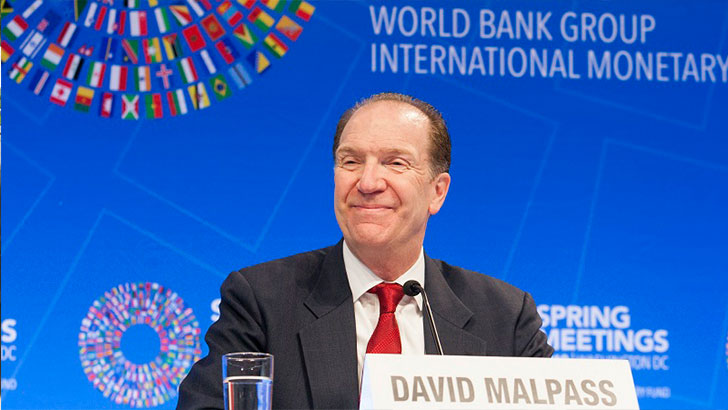
He said: “If you consider procurement procedures, you will appreciate that we have tendered and suppliers have submitted their bids. Very soon we will be evaluating them [the bids]. We are also going up and down to make sure that potential suppliers can indicate the pricing.
“The Ministry of Agriculture can’t be spared the impact of devaluation and even the global market of fertilisers. We are monitoring and I can’t predict the prices as of now. We know and have seen fertiliser prices going up, and the price of fertiliser won’t be the same.”
The minister encouraged farmers to also use manure on their farms.
Increases in global prices for fertiliser do not make things better for a Malawian farmer as the Ministry of Finance and Economic Affairs allocated K109 billion to AIP in the K2.84 trillion 2022/23 National Budget, which is K32 billion less than the allocation in the 2021/22 fiscal year.
In the 2021/22 farming season, government set the price of subsidised fertiliser at K27 000 per 50 kilogramme (kg) bag, meaning that the taxpayer squared K19 500 of the cost while farmers contributed K7 500.
Retail prices of fertiliser in some agro dealer shops have gone up by about 90 percent from K22 042 per 50 kg bag in August 2020 to K49 000 for Urea and K37 700 for CAN, according to The Nation spot checks.
On the other hand, Super D was selling at K62 700 while Compound D was at K52 700.
The Malawi Agriculture Policy Advancement and Transformation Agenda (Mwapata) Institute earlier warned that Russia’s invasion of Ukraine will increase fertiliser prices further because Russia is the world’s fourth largest producer of main ingredients for chemical fertilisers. Ukraine and Belarus are also among the top 20 producers of chemical fertilisers.
Collectively, the three countries produce about 10 percent of the world’s nitrogen and phosphorus fertilisers as well as 35 percent of the world’s potassium.


